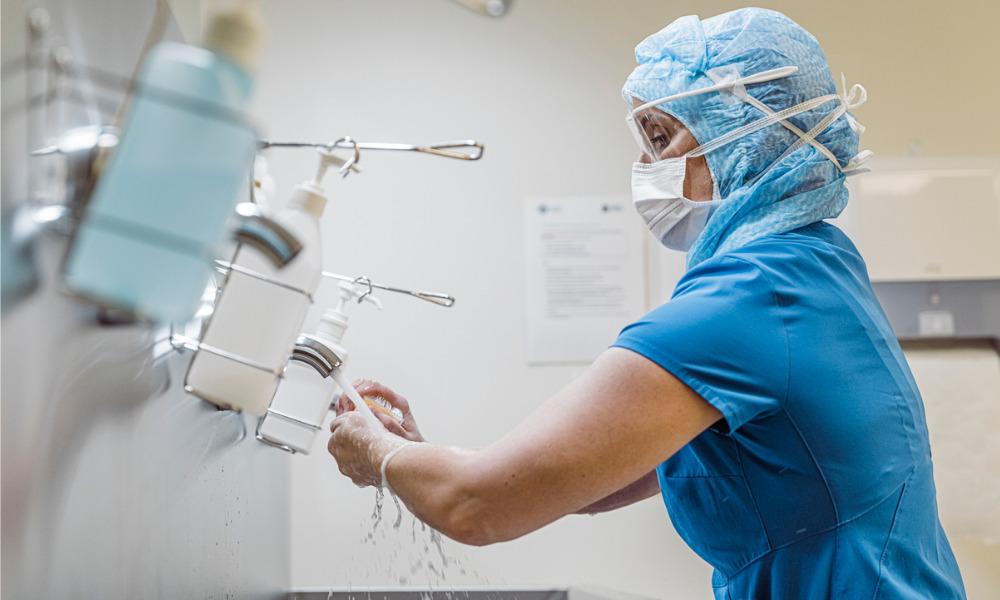
'This is completely unjust and undervalues the amazing work these nurses do'

On Thursday 23 July, more than 3400 primary health care nurses and medical receptionists/administrators across more than 500 practices and accident and medical centres will stop work for two hours nationwide after mediation to settle their multi-employer collective agreement (MECA) negotiations failed.
New Zealand Nurses Organisation (NZNO) Industrial Advisor Chris Wilson said this has not happened before in these primary health care workplaces and is a clear indication of the frustration workers feel “after eight months of fruitless negotiations”.
“It’s not surprising employers have not increased their offer to one that our members could accept because their funding from Government is completely inadequate,” said Wilson.
“Employers have been very clear that they also want pay parity with DHBs so they can keep their staff and continue delivery of a quality primary health care service.”
Wilson added that an experienced nurse covered by the Primary Health Care MECA is currently paid 10.6 percent less than their DHB colleague with the same qualifications, skills and experience.
“This is completely unjust and undervalues the amazing work these nurses do in providing expert care in the community – demonstrated so clearly in the COVID-19 response.”
Read more: COVID-19: HR & the rise of our ‘new normal’
Moreover, she said this was not your usual union versus employer dispute.
“Owners, doctors and managers are also disappointed that Government funding for pay parity has not been forthcoming. This is despite approaches to ex-Health Minister David Clark, the Ministry of Health and DHB officials by both NZNO and employer advocates the NZ Medical Association and Green Cross Health.”
Wilson said the recently released Health and Disability System Review Report was clear that primary health care nurses should expect pay parity, and that ex-Health Minister David Clark acknowledged there was a disparity as recently as a month ago.
“Resolving this really comes down to political will, and our members’ patience has just about run out. Budget 2020 put an extra $3.92 billion into DHBs over the next four years, whereas pay parity for PHC nurses would cost a mere $15 million,” said Wilson.
Read more: COVID-19: HR & the rise of our ‘new normal’
Last week $15 million was promised to assist completing the Christchurch Coastal Pathway. Our members are wondering what has to happen for Government to appropriately value them and the Primary Health sector as the frontline of our health service.
“Without additional funding, recruitment and retention issues will only be solved by passing additional costs on to the consumers. This is not a responsible solution and clearly not in the interests of communities.”
Wilson said NZNO will be contacting the Chief Nursing Officer, Director General of Health, relevant Ministers and the Prime Minister this week to make the case again for improved Government funding.